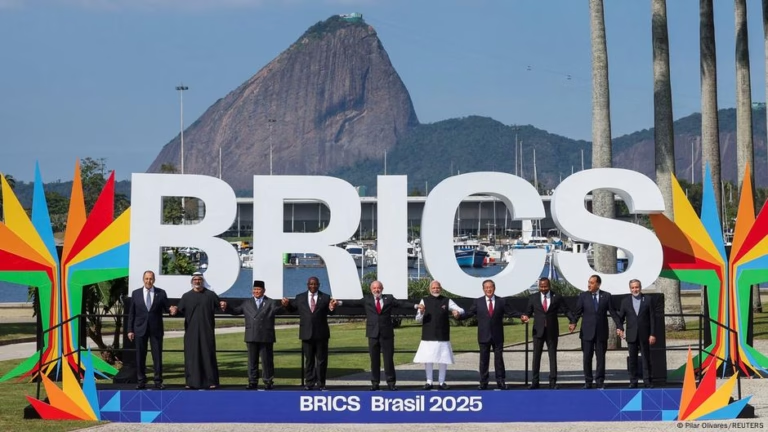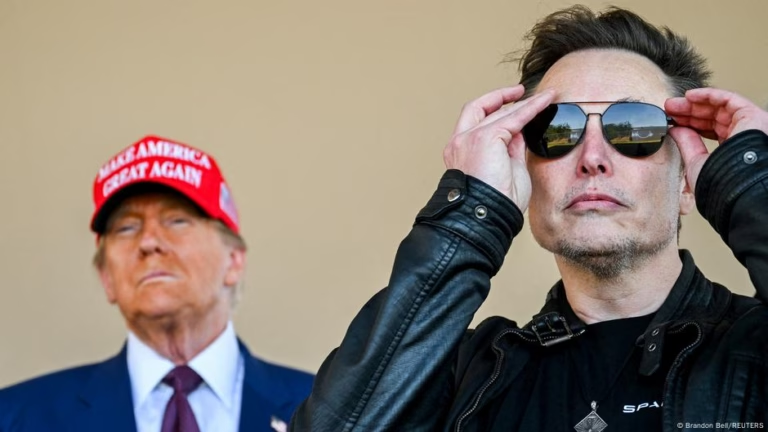Governments worldwide are struggling to fund better healthcare, education, infrastructure, and other public services. However, African nations are disproportionately burdened by an increasing debt crisis, with government spending on debt repayments often surpassing healthcare expenditures. Inflation is further eroding their capacity to invest. To address this, governments are seeking alternative revenue streams, with many turning to consumption taxes as a potentially stable source of income. Kenya, for example, faced widespread protests after President Ruto announced plans to tackle national debt through new taxes on food and goods, prompting him to withdraw the proposals amid public backlash and cabinet reshuffles. The pushback against tax increases reflects broader discontent over rising living costs and economic hardship, affected not only in Kenya but also in countries like Nigeria and Uganda. Experts argue that each country must assess its own wealth distribution to effectively address inequality and consider a wealth tax as a political tool to raise revenue and combat inequality.
Source: https://www.dw.com/en/should-african-states-impose-a-wealth-tax-on-the-super-rich/a-71784929?maca=en-rss-en-all-1573-rdf







